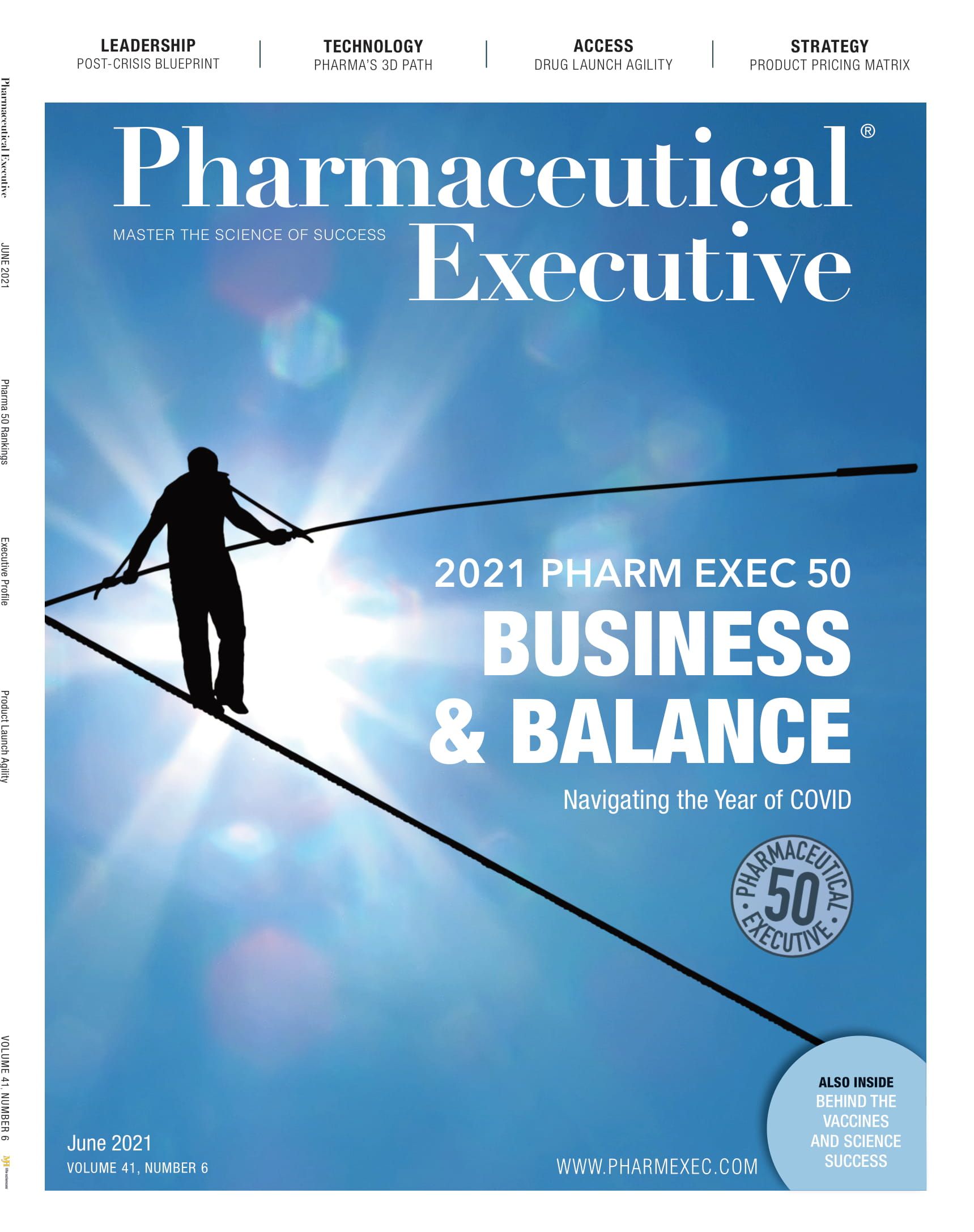A Management Blueprint for Return to ‘Normal’
Leading in a post-quarantine world requires compassion and connection amid employees’ shifting situations.

Though much of the conversation over the past year has been about coping with a transition to remote work, it’s time to shift our thinking to employees returning to the office and what that entails for leaders.
We can’t compare the new transition to the adjustments that were made last year. At that point, nearly everyone fell into quarantine within a week or so—we were all in the same boat at just about the same time. On this end of the pandemic, however, offices and schools are reopening at different rates. To complicate matters, schedules could change on a dime with an increase or decrease in COVID cases. It’s difficult for people to get into a rhythm, make plans, and feel secure.
In a recent survey by the American Psychological Association, 49% of the respondents said they were worried and feel uneasy about adjusting to in-person interaction as work returns and people get back to their pre-pandemic lives.
“We shouldn’t be surprised that after one year of living in lockdown and with minimal social interactions, the return to social interaction triggers an experience similar to social anxiety,” says Tiago Reis Marques, MD, PhD, a psychiatrist and CEO of Pasithea Therapeutics. “Some psychologists are defining this experience as reopening anxiety. We are seeing people missing the comfort of the locked-down life, where they feel safe and got used to being off the grid. Reopening is bringing back the social anxiety that was latent. We will then fear being in situations where there are close social interactions, and this will lead to withdraw and reluctance toward engaging in these tasks.”
When people are anxious, work can suffer. Reis Marques says mild to moderate levels of anxiety can actually improve performance, but if people don’t manage their fears, they will prevail, occupy one’s thoughts, and disrupt one’s ability to focus on a task, completely disrupting performance.
Addressing the Issues
Throughout the pandemic, leaders have been working in crisis-management mode, making decisions that allowed their companies to keep running while protecting the health and safety of their employees and customers. Now it is time for them to reassess their roles and prepare to tackle a new set of problems.
“It is a completely different experience that will need different leadership skills,” says Reis Marques. “Executives will need to be emotionally closer to their employees, connect with them, and adopt a listening approach. This compassionate leadership will promote a culture of inclusion and individuality. The pandemic has changed people’s lives in a dramatic way, and employees are still adapting. It is time for leaders to prioritize the mental well-being of their employees and give them time to adjust to what the new normal is.”
A PwC article about returning to the office after COVID echoes this, stating: “Management teams should lead with empathy and demonstrate an understanding that while all of their employees have experienced this crisis, they haven’t all experienced it the same way.” There needs to be a sensitivity to individual situations and patience for allowing workers to adapt to new ways of working.
To be successful, leaders should develop clear, two-way communication. While they should spell out what they are asking of employees, workers should also have the chance to voice their challenges and concerns. This can present opportunities to strengthen corporate culture, increase employee engagement, and boost productivity and loyalty, according to PwC.
New policies also will need to be written for the post-pandemic workplace. As part of a flexible work plan, new rules for working from home that accommodate data security, IT demands, and other working equipment will be necessary. New guidance on health, safety, and emergency response also will be needed for better management of the current pandemic and to prepare for any future similar situations.
Finally, executives should consider a new policy on mental health. “Leaders will need to know that a new epidemic is arising, and many of their employees will suffer from the psychological and psychiatric impact of this pandemic,” says Reis Marques. “We will need to be able to support them in the workplace.”
Elaine Quilici is Pharm Exec’s Senior Editor. She can be reached at equilici@mjhlifesciences.com.

Reshema Kemps-Polanco: Taking Risks for Greater Reward
May 14th 2025Reshema Kemps-Polanco, executive VP and chief commercial officer, Novartis US, and the 2025 Healthcare Businesswomen’s Association Woman of the Year, uses the lessons she learned from her family to bring out the best in her teams.